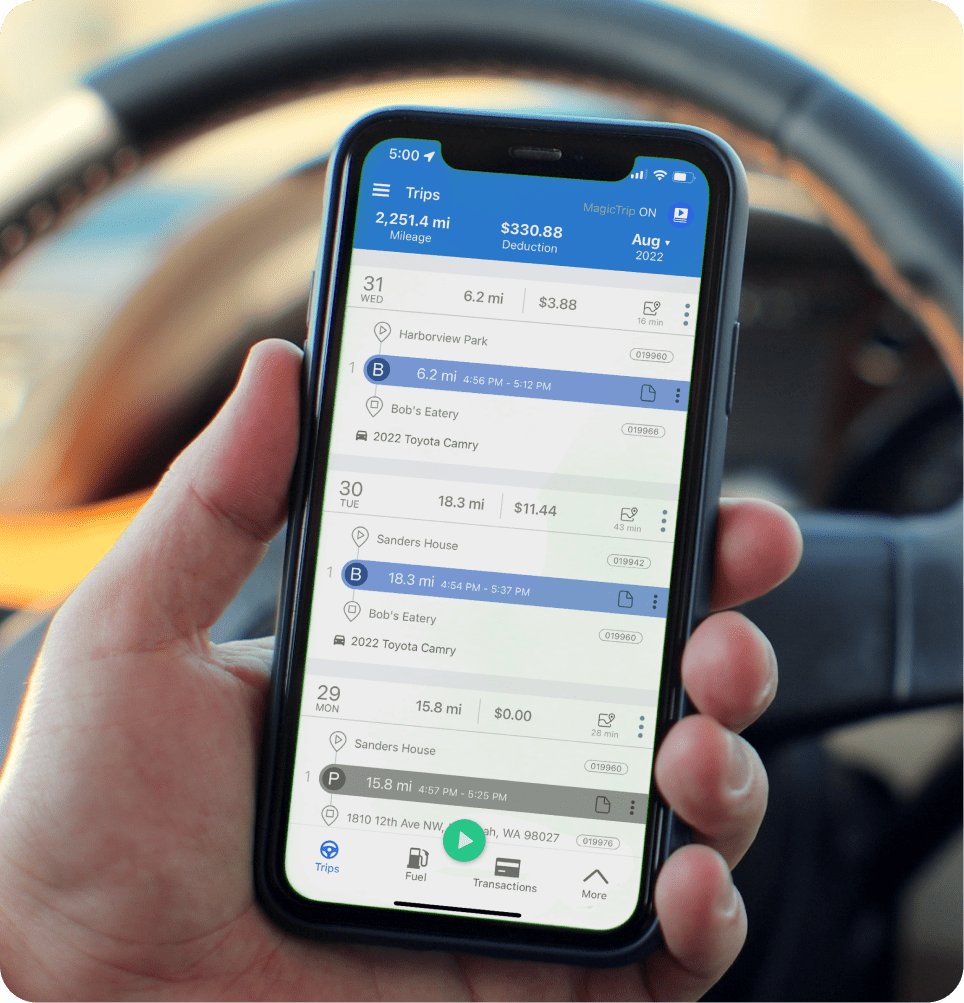Mileage rates are more important than they might seem, impacting both personal and professional financial planning. Whether you're a independent contractor claiming tax deductions or a business owner reimbursing employees, understanding these rates is essential for accurate expense management.

### What are Mileage Rates?
Miles Rates are fixed amounts that the IRS approves for the cost of operating a vehicle for work-related purposes. These rates are revised annually to reflect changes in fuel prices, maintenance costs, and other relevant factors.
### Why are Mileage Rates Important?
- **Claiming Tax Savings:** Individuals and businesses can deduct mileage expenses from their tax base, notably reducing their tax liability.
- **Fair Compensation for Employees:** Employers can reimburse employees for work-related travel expenses using the standard mileage rate, ensuring fair compensation.
- **Organized Cost Management:** Mileage rates provide a standardized method for monitoring transportation costs, simplifying expense management.
- **Financial Planning:** By understanding mileage rates, individuals and businesses can better budget for travel expenses and make informed decisions about travel plans.
### How to Use Mileage Rates
1. **Identify Work-Related Travel:** Accurately track the work-related distance driven for each trip.
2. **Apply the Standard Rate:** Multiply the overall business miles by the current standard mileage rate set by the IRS.
3. **Keep Detailed Logs:** Maintain detailed records of all business trips, including dates, starting and ending points, and the reason of each trip.
4. **Stay Updated:** The IRS revises the standard mileage rate yearly, so ensure you are using the latest rate for your tax year.
### Other Ways to Calculate Mileage
While the IRS standard Miles Rates is widely used, there are other methods for calculating mileage expenses:
- **Actual Expense Method:** This method allows you to deduct the actual costs associated with operating your vehicle, such as gas, oil, repairs, and insurance. However, it demands meticulous record-keeping and may be harder to calculate.
- **Fixed Mileage Reimbursement:** Some businesses may establish their own flat rate per mile for employee reimbursements, which can differ based on elements like vehicle type and local fuel prices.
Understanding mileage rates is crucial for anyone who relies on vehicle transportation for work or individual purposes. By accurately tracking mileage and applying the appropriate rates, you can improve your finances, lower tax liabilities, and ensure fair compensation for travel expenses.